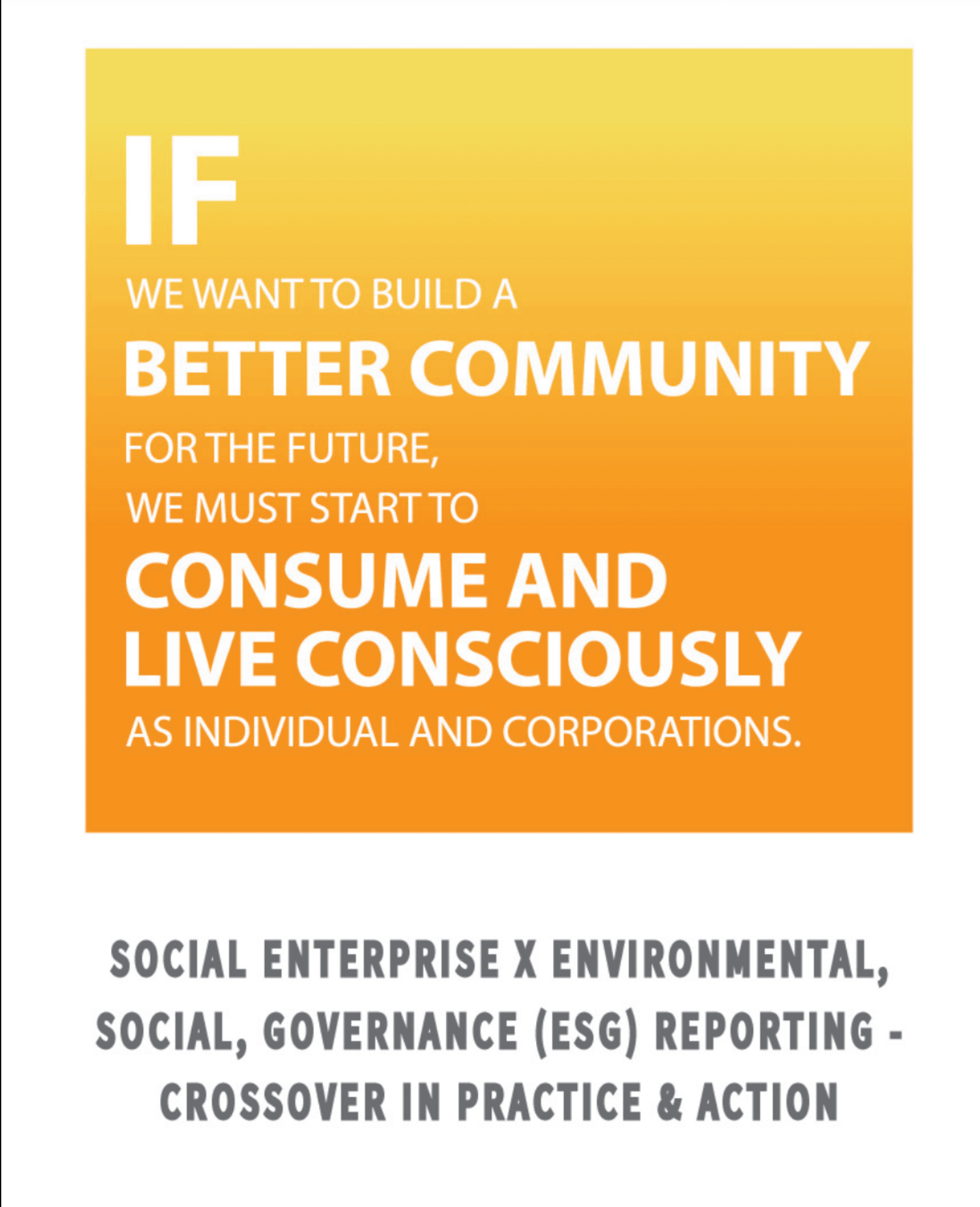- Home
- Discover Social enterprise
- If we want to build a better community as individual and corporations

If we want to build a better community as individual and corporations
In Hong Kong, the total revenue of the SE sector was HK$1.1 billion in 2014, equivalent to 0.05% of HK GDP, and 63% of SEs were financially self-sustainable. This was increased from 0.02% HK GDP and 41% financially self-sustalnable in 2010.
According to the 2014 survey by the Chinese University of Hong Kong, the public awareness of having heard about SEs was 78%, and 18% of survey respondents had purchased from SEs at least once in previous six months. Nowadays, SEs are competitive in the market.
Taking Fullness Salon as an example, its social mission is to develop deviant youths to be hair stylists. The standard service
"Cut, Rinse, Dry" charges from HK$165 to HK$250. It is the most expensive salon in Sai Wan Ho where it locates. But it still has full houses in weekends. Half of its customers know that it is a SE. For those who know and support its social mission, 64% comes repeatedly because "it helps the socially disadvantaged to self help", and 57% is because "it is meaningful". The customers are receiving good services while they are also doing good to help the needy. So there is value spill-over from consumption to charity work. To Fullness, there is value spill-over from its social mission to its business mission.
The current requirement of Environmental, Social and Governance (ESG) reporting is an initiative at the right timing to encourage corporations to consider their roles in social entrepreneurship development in Hong Kong. The Key Performance index D1.1 and D1.2 in community investment of the ESG reporting requirement is the major area for crossover.